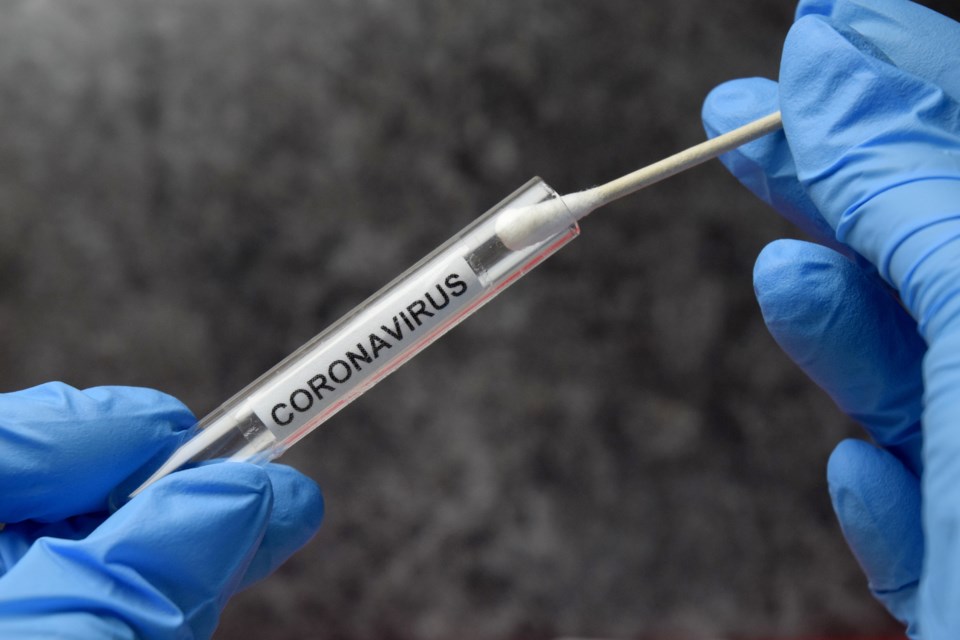THUNDER BAY – The head of Thunder Bay Regional Health Sciences Centre says she’s confident large numbers of the public won’t try to game the system to get a publicly funded COVID-19 test for international travel purposes.
On Monday the United States reopened its land border to Canadian travellers, who must present a negative molecular COVID-19 test in order to re-enter Canada, a test which must be taken within 72 hours of arrival back at the border.
The Canadian government has consented to allow travellers to take the test before leaving the country, counting it as valid for return as long as it was administered within the 72-hour window.
Ontario does not provide molecular (PCR) tests for travel purposes, and in most cases will only administer a test to someone showing symptoms of COVID-19.
Jackie Park, manager of the hospital’s COVID-19 assessment centre on Tuesday said they’ve had to turn a few people away who were requesting tests, but for the most part the public follows the rules.
“Initially we did provide testing for international travel last summer, and then the government decided that was not something we could support as it really congested assessment centres, as well as the public health lab. So that stopped last year,” Park said.
“I don’t really think that it’s going to be an issue. We’ve answered a lot of questions this fall about travel. But I think the majority of the public realizes where they have to have that testing done.”
According to Park, that’s at a private clinic, paid for out-of-pocket, either in Thunder Bay before leaving for a short trip across the border, or in the United States or another international destination, provided it’s within the 72-hour window.
PCR tests can cost anywhere from $100 to $300 per person, depending on the location, and are required for anyone five and older returning to or seeking to enter Canada. A less expensive rapid antigen test is only required for air passengers entering the United States. Both countries require proof of full vaccination to enter – though the U.S. only plans to randomly ask for physical or electronic proof.
“Last year at this time there were only one other option to have a PCR test and there are several options now to have that test and prices have come down. Initially it was somewhere around $500 and I think it’s down around $200, actually,” Park said.
“At the assessment centre we have several different ways that we mitigate individuals booking these tests. There are criteria the Ontario government has set out for assessment for who we are testing and who we are not.”
For starters, a person must be showing signs of COVID-19, and the list of symptoms has been vastly reduced. A screening process is also in place to allow only those truly showing signs of the virus to get tested.
“Our staff are well versed in asking questions that help to eliminate those who don’t need testing. So even if an individual does go ahead and book a test online, hoping they’ll be able to squeeze in and get an appointment here, we oftentimes turn people away when they come to the door and they don’t meet the criteria,” Park said, adding 75 per cent of their current tests are school-related, meaning any added burden could hinder symptomatic students being able to return to the classroom.
The hospital site can conduct up to 250 tests per day.
Canada’s chief medical officer of health has said the country is looking closely at the need for PCR tests at the border, but has yet to commit to removing the requirement.



